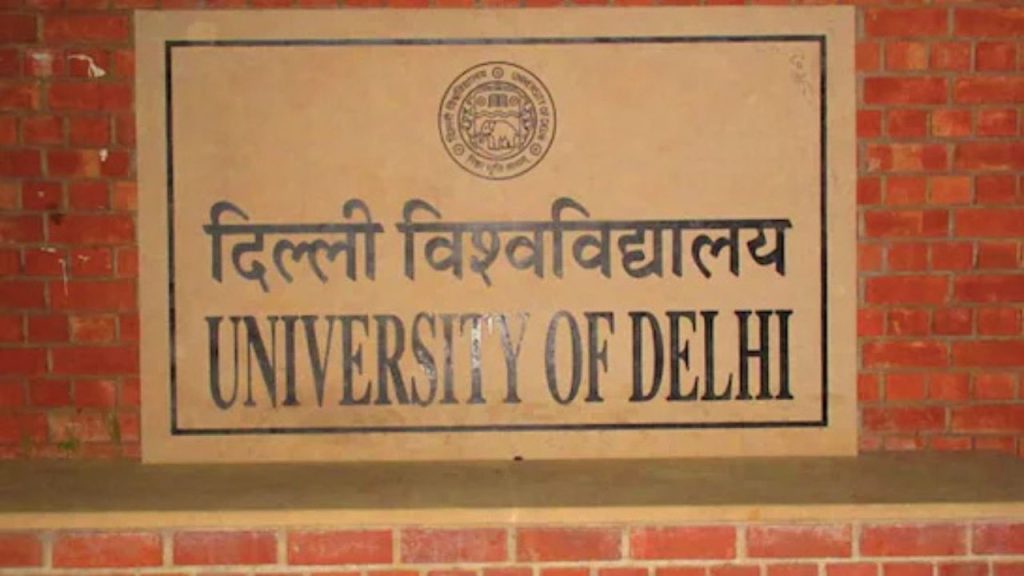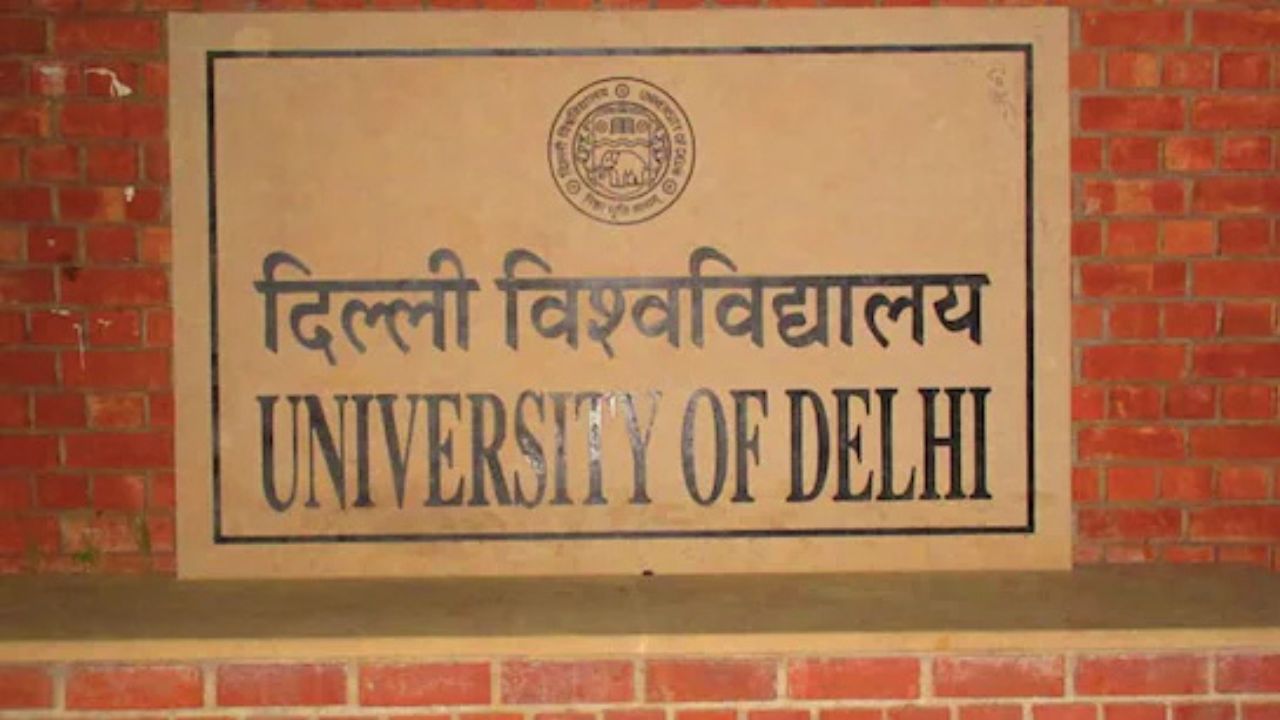The AAP-affiliated Academic for Action and Development Delhi Teachers’ Association (AADTA) has stated that the CUET-based admission process at Delhi University is causing the university’s decline and has called for colleges to be given back the right to admit students.

Rationale behind AADTA’s demand
- Large number of vacant seats: After several rounds of the Common Seat Allocation System (CSAS) based on CUET scores, thousands of undergraduate seats remain vacant in DU colleges. For instance, over 9,500 seats were still empty in September 2025.
- Disruption and delays: Technical glitches, delayed CUET results, and a prolonged admission cycle have put mental and financial stress on students. Some students have had to pay large sums to private colleges as a backup while waiting for the CUET process.
- Restoration of autonomy: AADTA’s National In-Charge, Dr. Aditya Narayan Misra, argued that the university should return to the previous system where colleges set their own cut-offs.
Delhi University’s stance
- VC denies problems: Delhi University Vice-Chancellor Yogesh Singh has maintained that the CUET system is working well. He stated that the CUET-based admissions have led to “greater diversity and fairness” and that there is no question of opting out.
- Focus on vacant seats: In September 2025, to address the vacant seats, the university announced a special mop-up round where admissions would be conducted based on Class 12 marks instead of CUET scores.
Arguments surrounding the CUET-based admissions
Arguments against CUET
- Increased competition and stress: The CUET creates immense pressure as millions of students compete for a limited number of seats.
- Rise of the coaching industry: Centralized tests can give an unfair advantage to students who can afford extensive coaching.
- Potential bias against state board students: The CUET is based on the NCERT syllabus, which can put students from state boards at a disadvantage if their curriculum is different.
- Overlooks holistic development: The focus on a single entrance exam can overlook extracurricular achievements and other talents.
Arguments in favour of CUET
- Uniform evaluation: CUET standardizes the admission process across central universities, ensuring a level playing field for all students regardless of their school board.
- Reduces board exam pressure: It reduces the previous pressure on students to score extremely high marks (sometimes 99–100%) in their Class 12 board exams for admission to top DU colleges.
- Increased access: A single, centralized exam simplifies the application process, saving students the time and expense of applying for multiple entrance tests.
Hi, I’m Owen. I’m passionate about sharing the latest government aid news, benefits, and policy updates so you can stay informed and make the most of available resources. My goal is to break down complex information into clear, easy-to-understand updates that help you navigate programs and opportunities that matter to you.



